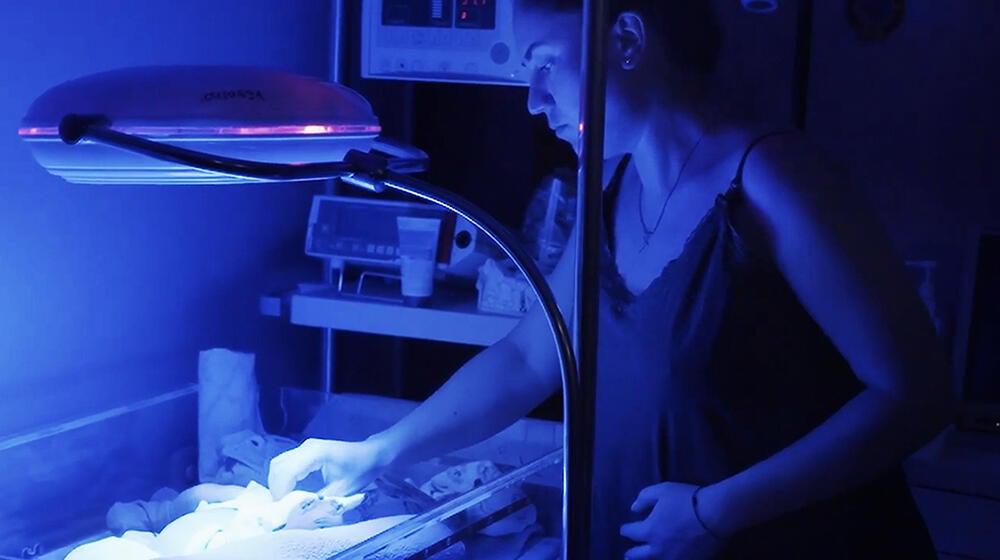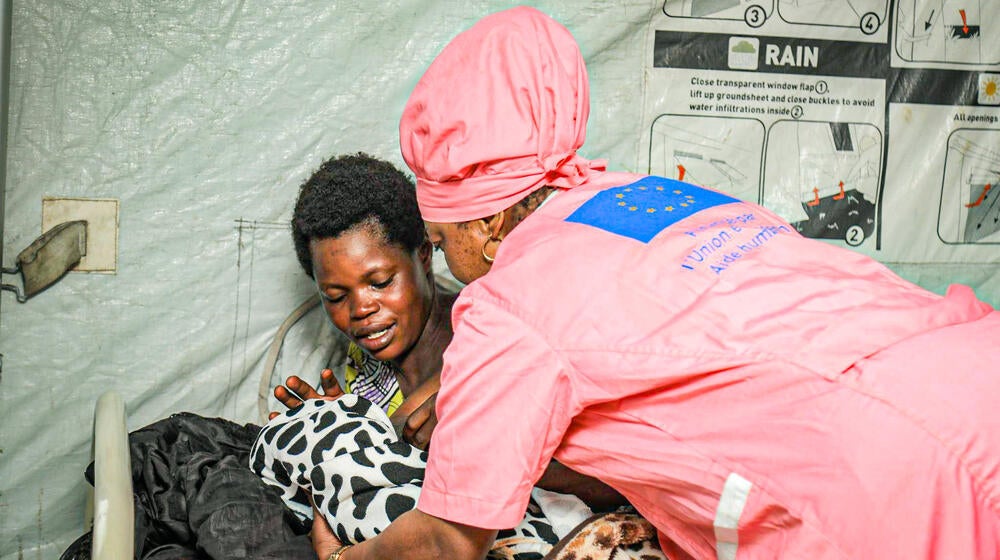
Perilous journeys for women in Mali
In search of safety, safe births and independence
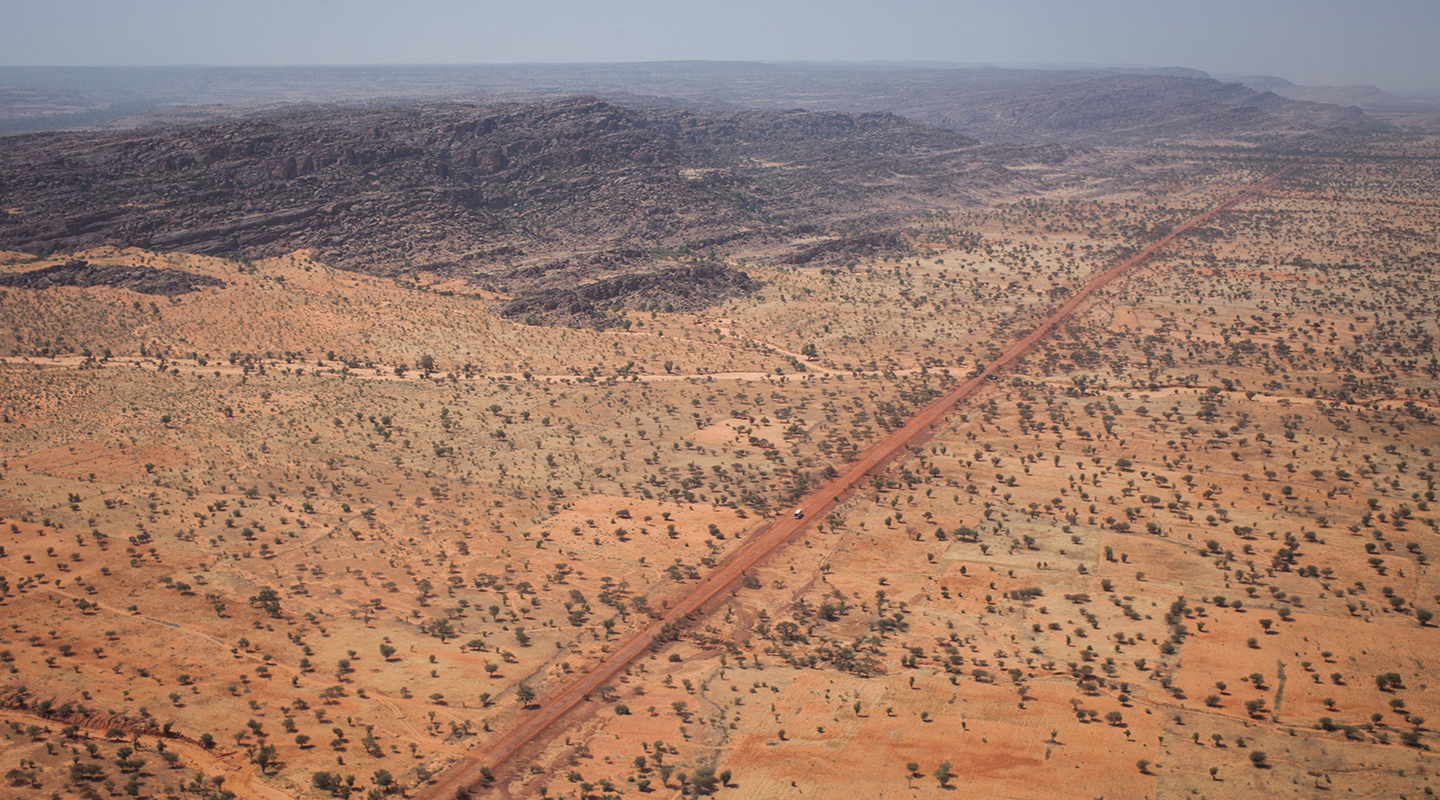
Aissata Touré, 16, has just had her first baby. The young mother had hoped to give birth close to home in her village of Ngouma in Mali, but a local health worker advised her to go to a hospital due to possible complications. It would be a challenging and costly journey.
Her family rented a car, and she travelled, while in labour, to the Sominé Dolo Hospital in the town of Sevare, which is 170 km away from her home. “The journey was difficult and was not at all comfortable,” she says. The cost: 120,000 CFA francs (around US$200), an astronomical sum in her country.
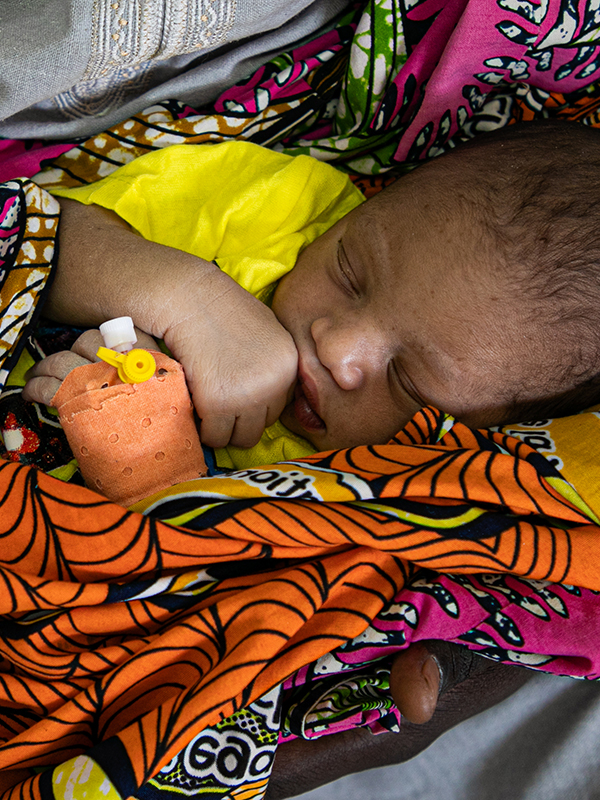


The ongoing conflict in Mali has eroded the rights of women and girls, with the crisis contributing to one of the world’s highest maternal mortality rates. Violence and displacement have disrupted access to basic services, including sexual and reproductive health care, and also have heightened the risk of gender-based violence and harmful practices. Climate shocks, particularly droughts and floods, have exacerbated vulnerabilities.
Fortunately, Aissata was able to arrive at the hospital in time to give birth under the supervision of skilled attendants. But more help is needed for women to be able to access antenatal care, safe deliveries and postnatal care. Here, some of the ways UNFPA is offering support.
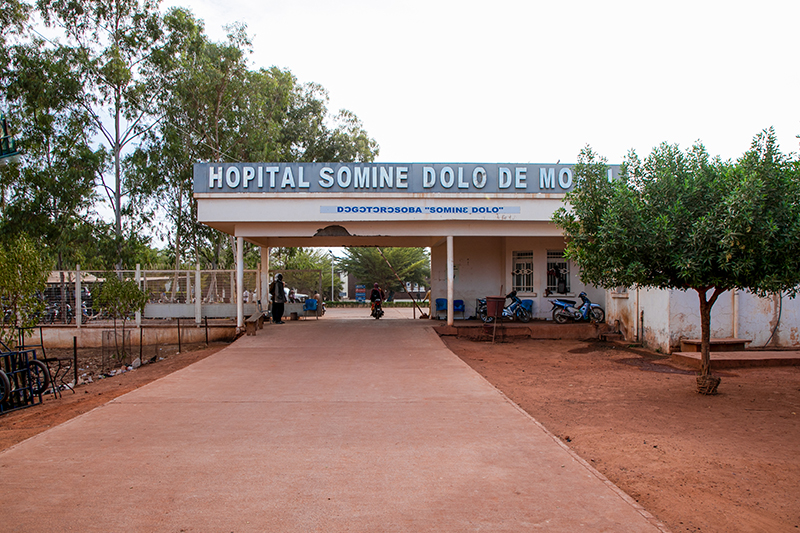
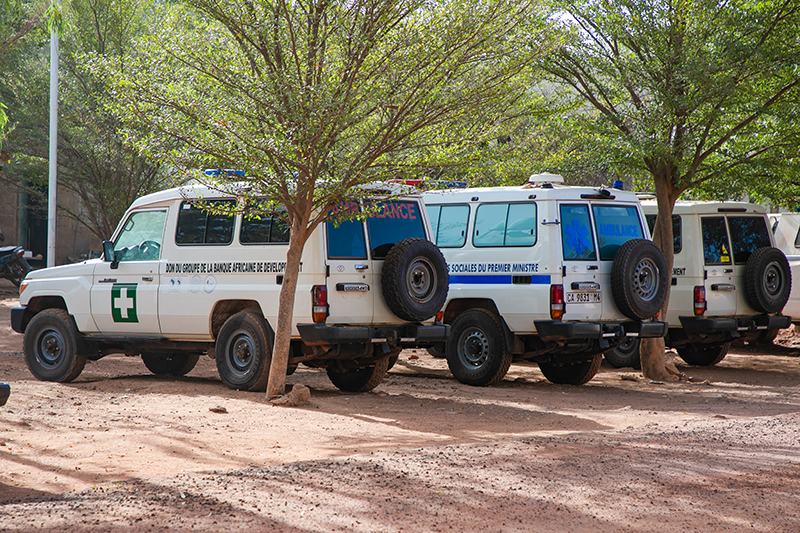
The long road to the hospital
A non-governmental organization called HELP – a UNFPA partner – is providing support for pregnant women where possible, arranging private transport from rural areas to Sominé Dolo Hospital for women experiencing obstetric complications. But in the vast country – one of the largest in Africa – it’s impossible to reach everyone, everywhere. Aissata’s remote village was out of reach.
“There are no transport partners where my niece lives and no support,” says Aissata’s uncle, Abdoulaye Bocoum. He knows this all too well, as he works for HELP. “It was frightening. If the family had not been able to afford to rent a car, they wouldn’t have been able to get here.”
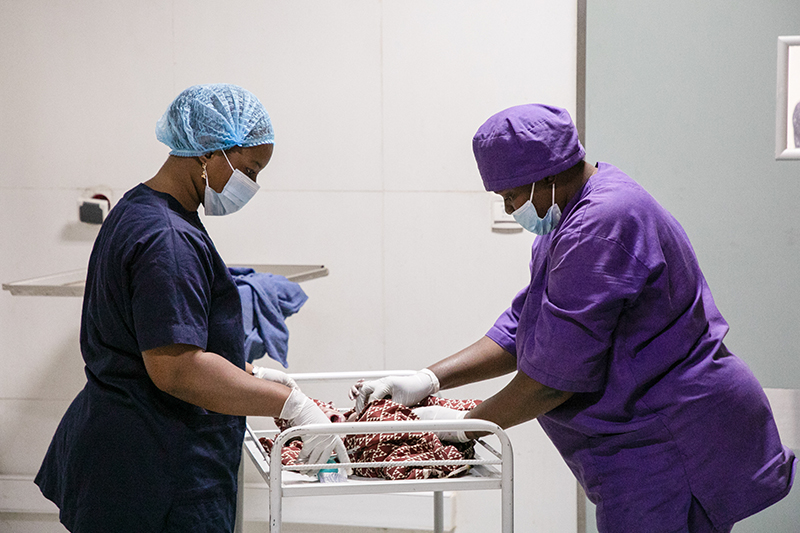
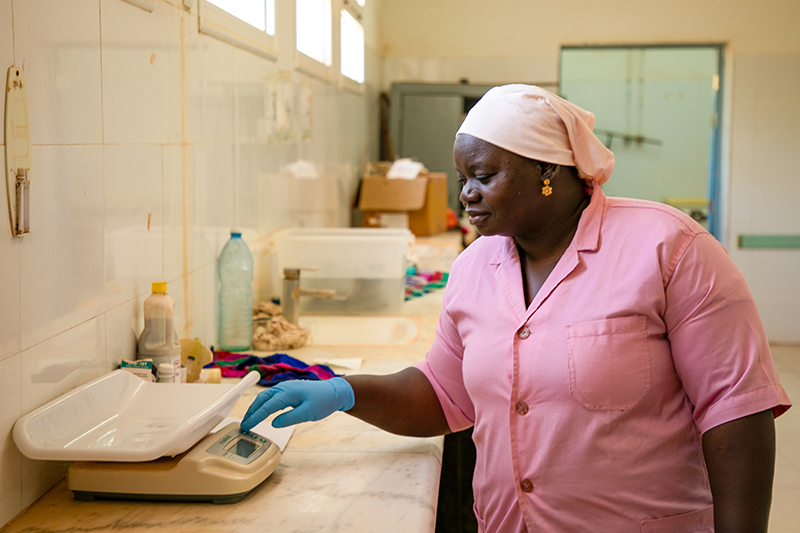
Kadiatou Karembé, who has worked as a midwife at Sominé Dolo Hospital for seven years, has witnessed firsthand the consequences when a pregnant woman experiencing complications does not arrive at the hospital in time, including, tragically, death.
“Because women are sent from remote communities, they can spend the night on the road. I saw a case where a woman died. She was having eclamptic seizures; she was held up on the way because of the insecurity. She died.”
– Midwife Kadiatou Karembé
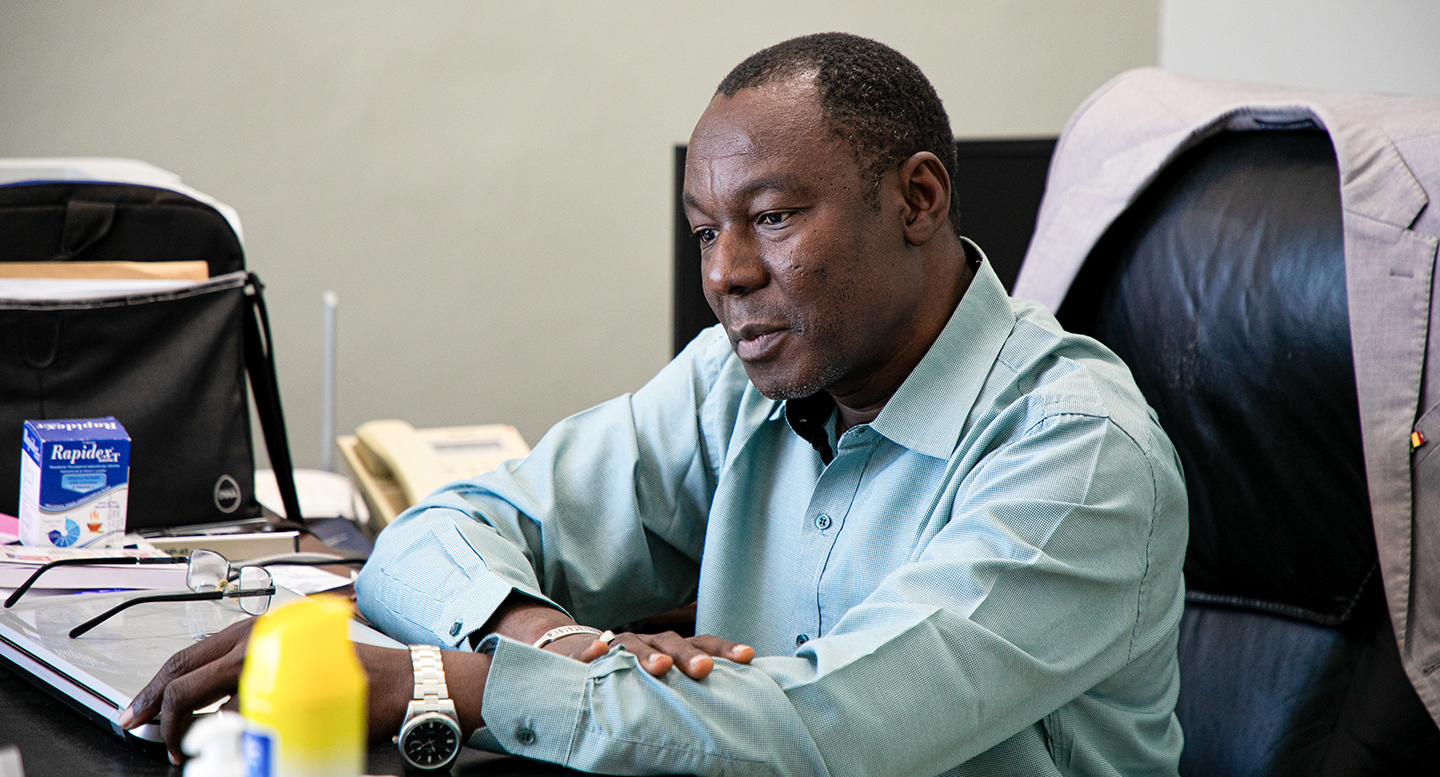
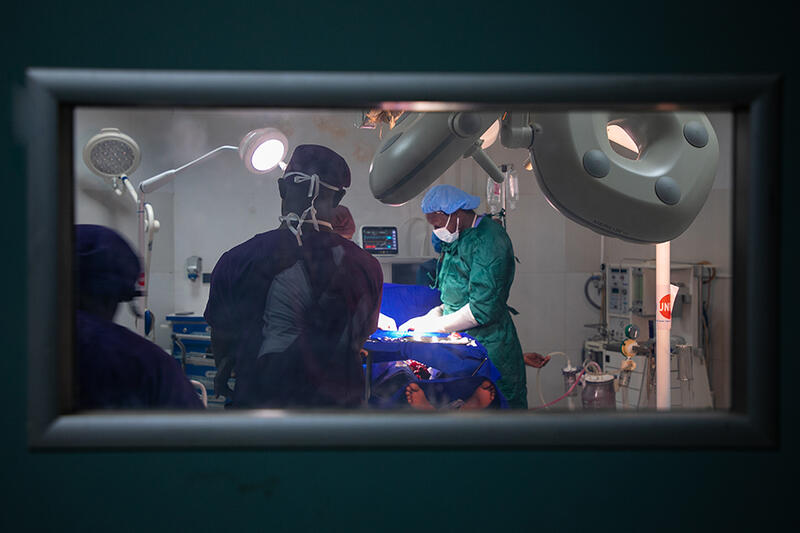
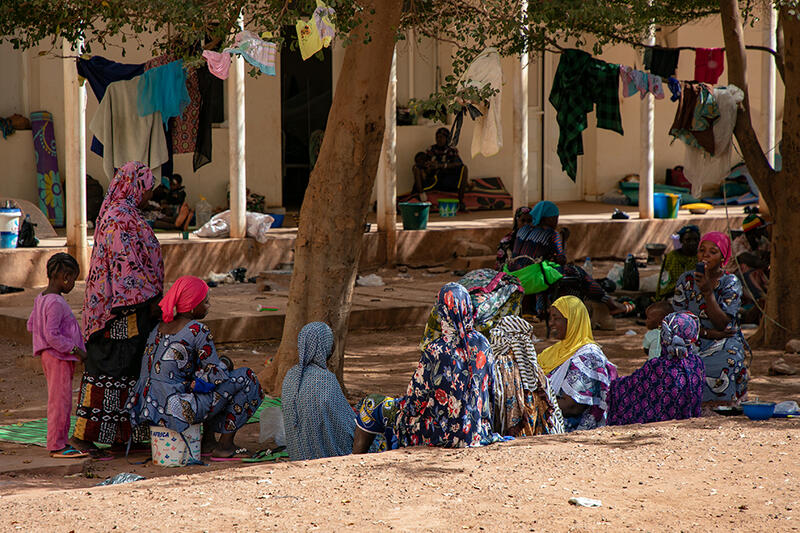
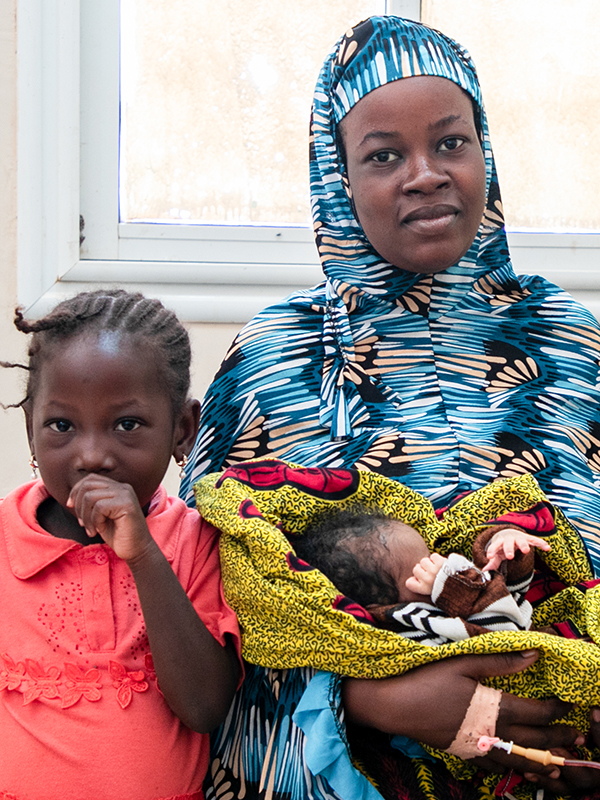

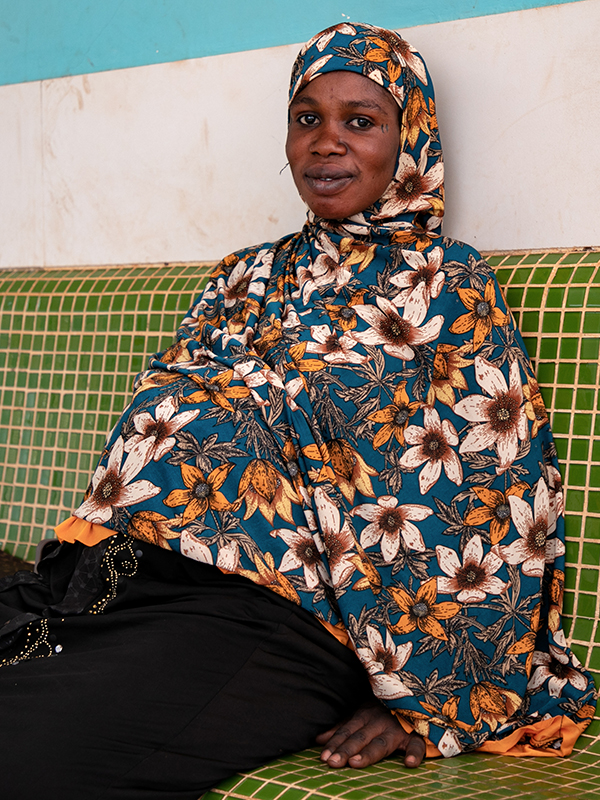
Support for the displaced
While the team at Sominé Dolo Hospital is busy saving lives of women who can get there, mobile health teams supported by UNFPA have been set up in camps for internally displaced people who can’t get to a medical facility.
Hundreds of thousands of people have been forced from their homes due to armed attacks and raids by terrorist groups on civilians in northern and central Mali.
Fatoumata Dienta, 25, is among them. She was two months pregnant when she fled her home in Dena, along the Bani River. “One evening when we had finished eating, terrorists came and told us to leave the place the next day,” she says. She and her family headed for the Barigondaga displacement site in the Mopti region, 180 km from her home.
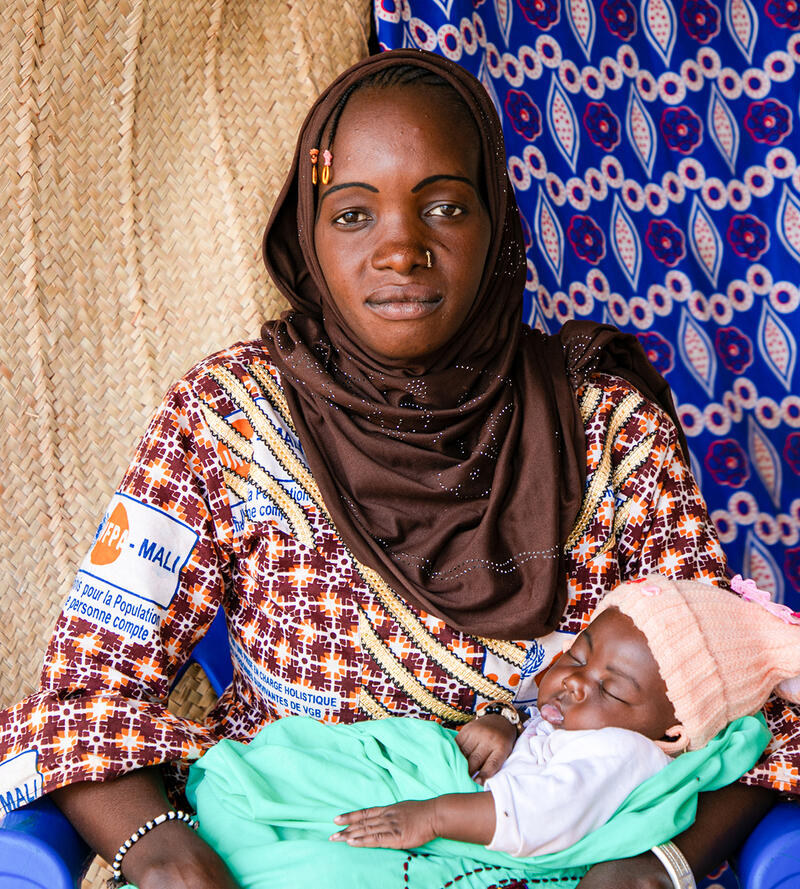
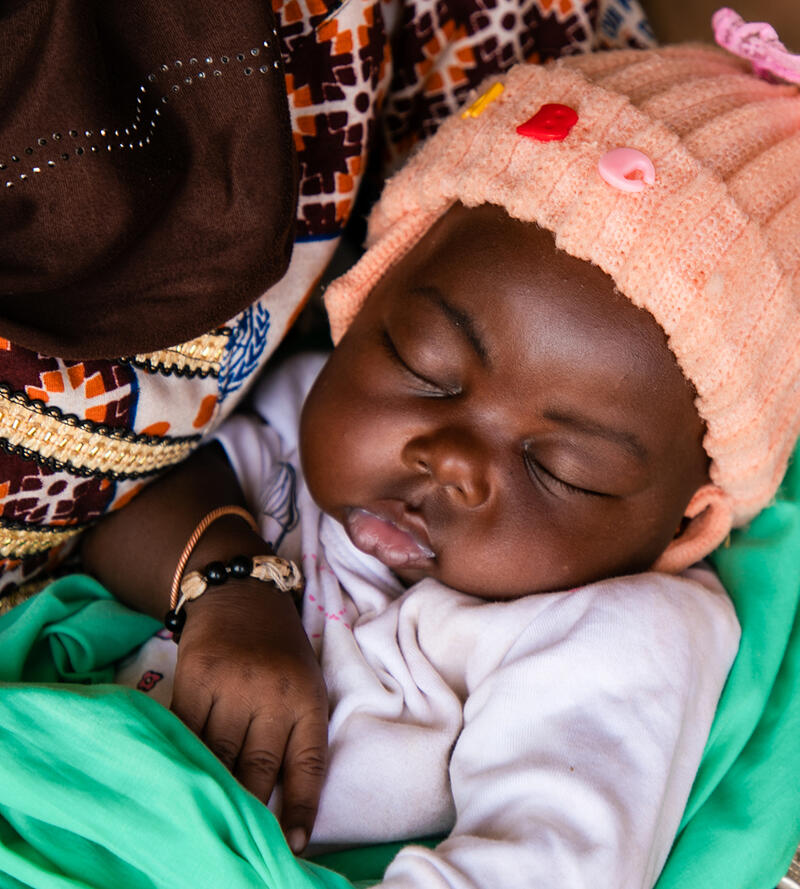
“Some came by rickshaw, others by boat,” says Fatoumata. At the displacement site, she received support from a mobile health team, eventually giving birth at a community health facility.

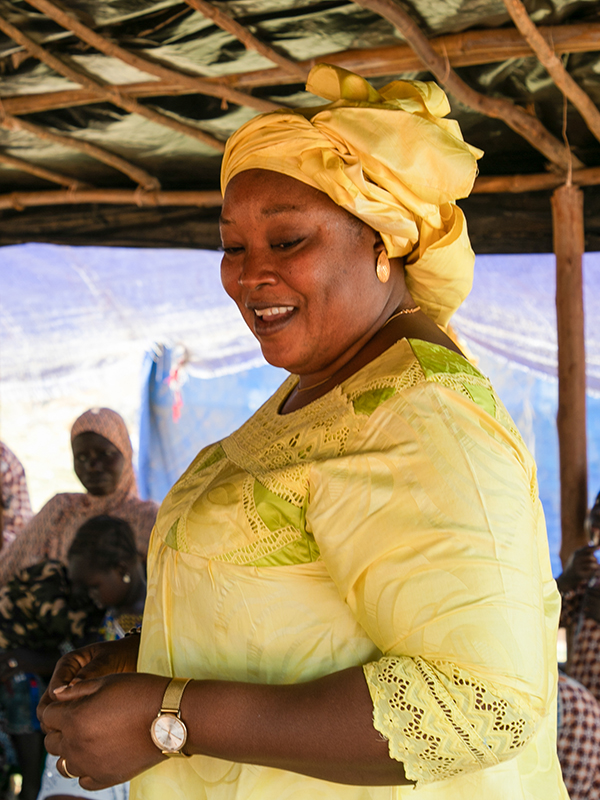

There are 149 households at the Barigondaga displacement site, which include 372 women. Everyone has come from the fishing communities of Dena and Soye.
The mobile health teams at Barigondaga, and across other displacement sites, provide prenatal and postnatal care, as well as supplies for safe deliveries. In 2023, UNFPA recruited and trained 51 midwives in the Mopti region and renovated and equipped 12 rural maternity wards.
A promising initiative
Meanwhile, in Timbuktu, some 400 km north of the displacement site in Mopti, a programme to help young people learn to drive is providing some hope for the future.
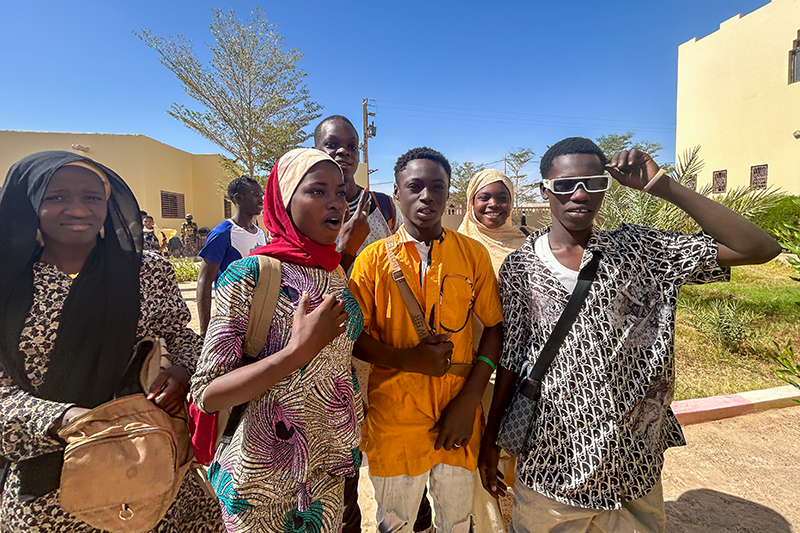
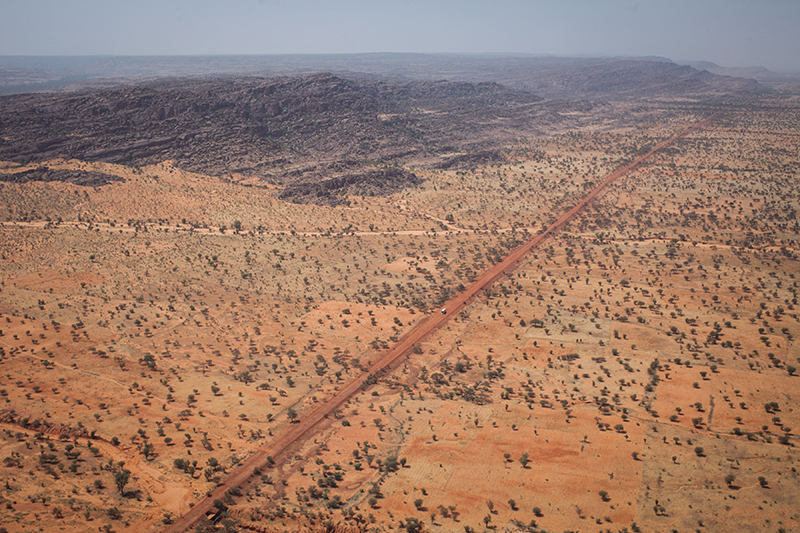
Five hundred young women and men have obtained their driving licenses since 2021 as part of the initiative, which is supported by UNFPA with funding from the Danish government.
Mali has a youthful population, with more than 65 percent under the age of 24. Growing up in a crisis-stricken country, young people have been restricted from opportunities, freedom and independence. The programme aims to increase employment opportunities and also to lessen the likelihood that young people will get recruited into non-state armed groups.
“Armed groups are recruiting young people all over the place, and lots of youths have joined them,” says Traore Safietou Abdou, 24, who learned to drive this year.
“Things are a little bit better now, and we are slowly seeing a sense of community start to regrow. I want any job, but a driver would be a good start.”
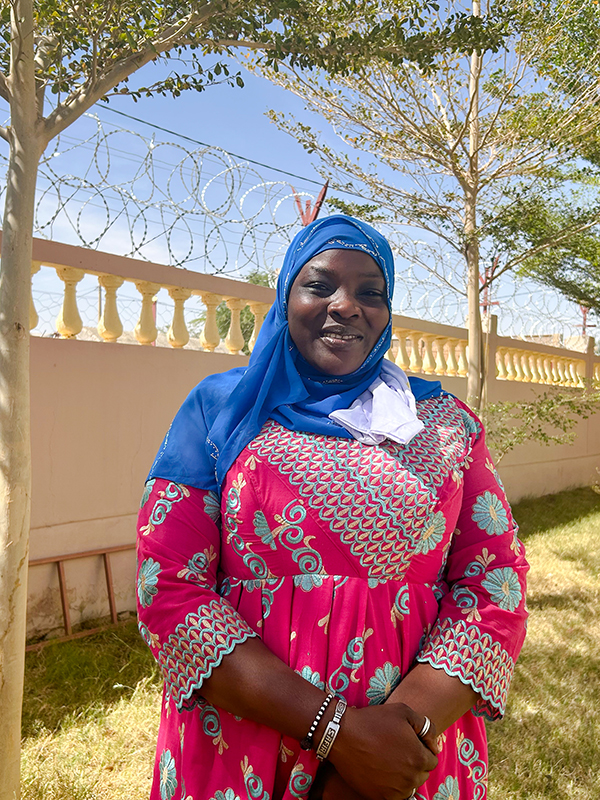
Djiby Kongho, 29, hopes her new driving license will lead to job opportunities.
“I joined the programme because life here is difficult and it opened a door of escape,” she says. “I want to get a job so I can help my family. I would like to get a job as a driver – women can drive just as well as men.”
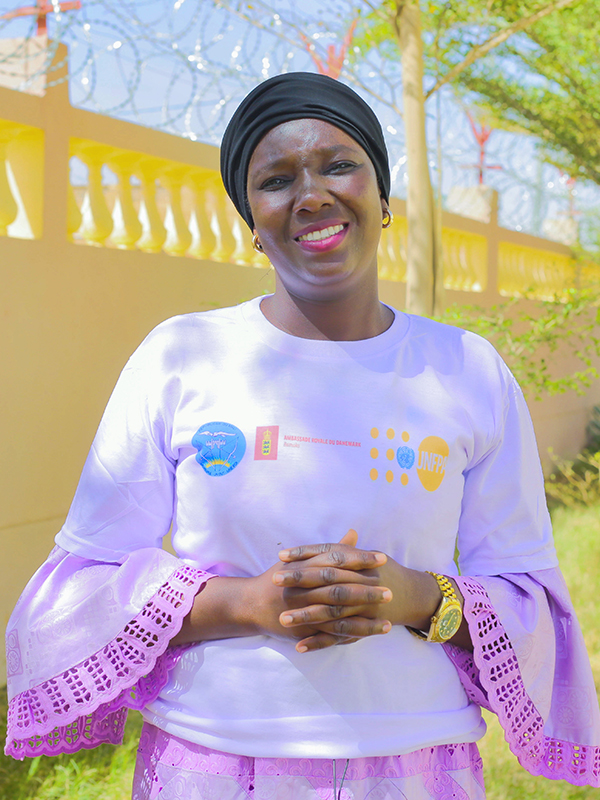
Along with driving instructions, participants in the programme receive information on gender-based violence, family planning, menstrual hygiene and maternal health, as well as on available services.
Women’s rights in crisis
Thirty years have passed since the landmark International Conference on Population and Development, where world leaders agreed to take concrete action to put sexual and reproductive health and rights at the core of sustainable development. But in Mali and many other humanitarian crises around the world, the rights of women and girls are being obliterated, stalling or reversing progress.
In crisis situations, especially when women and girls are forced to be on the move, there is an increase in gender-based violence, preventable maternal deaths and unwanted pregnancies. UNFPA and partners will continue to work to fulfill the rights of women, girls and young people.
“Even as rockets fell and the earth shook and climate impacts continued to be felt, women and girls in humanitarian contexts continued to give birth, to require sexual and reproductive health services, and to seek safety from gender-based violence in their homes and communities,” UNFPA Executive Director Dr. Natalia Kanem said as the year drew to a close in 2023. “Through it all, UNFPA stood by their side, providing essential services, protecting dignity and rights, saving lives and restoring hope.”
